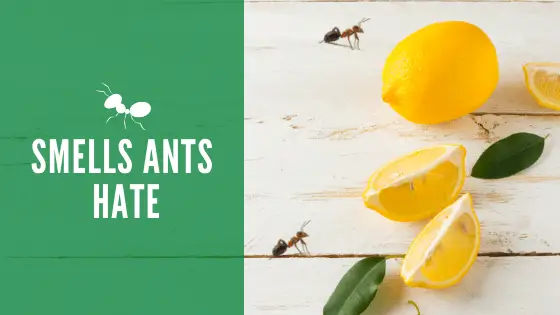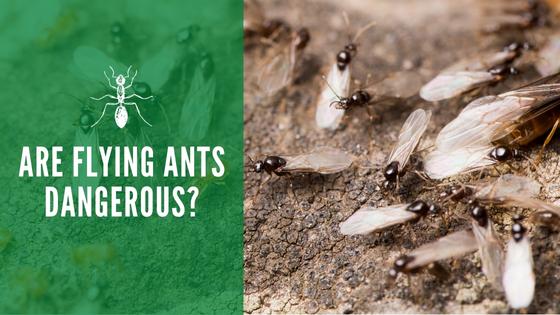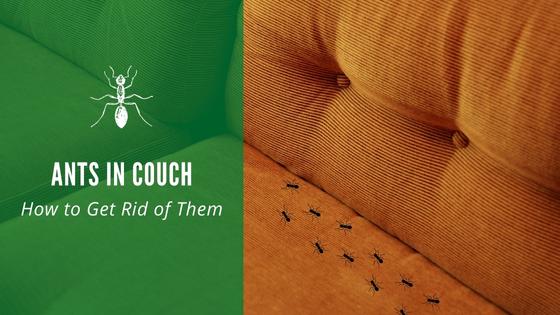Flowers and Plants That Attract Ants
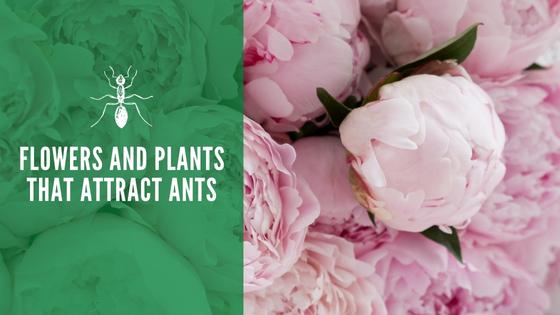
Every homeowner wants to have a beautiful garden free of pests. Unfortunately, pests are a common everyday occurrence threatening your plant’s health and longevity. One of the most common pests that affect flowers and plants is ants. Fortunately, you can eliminate ants and find out which plants to include in your garden to help repel ants. Below are some tips for creating a garden free of intrusive ants.
What Kind of Flowers & Plants Attract Ants?
There are certain types of flowers and plants that naturally attract ants. These include:
Passionflower
Passionflower is one of the most common flowers that ants are attracted to. They produce nectar through their extrafloral nectaries that ants feed off of. Ants, however, then product Passion flower against other predators. Unfortunately, ants can be a nuisance in and outside of your home.
Dahlia
While dahlias are incredibly beautiful flowers, they are also susceptible to damage from aphids. Aphids are small pests that bite into the flower and produce a sap known as honeydew. Honeydew attracts ants, which feed off the nectar and invade these flowers.
Peonies
Peonies are another type of flower that produces sugary nectar, which many ants love to feed off of. Ants often invade peonies while they are still budding, and as the buds open, you will notice the ants disappear.
These are just some of the many plants that ants might be attracted to. Ask a local gardener for specific native plants that you have concerns about.
Do House Plants Attract Ants?
While house plants don’t generally attract ants, they can become infested with them if ants are already present in your home. For instance, if you keep indoor plants in your kitchen, know that the kitchen is one of the most highly susceptible areas of the home for ant infestations. You might find indoor plants with ant infestations, so it’s best to keep your indoor plants in areas such as the living room or bathroom.
If you have an ant problem in your home, it’s important to take steps to get rid of the ants before they infest your house plants. To do this, you can use water and white vinegar to spray your house plants regularly. Water and white vinegar are a safe mixture that can disorient ants and discourage them from invading your plants and flowers.
You can also try some of these DIY ant repellent strategies:
Diatomaceous Earth vs Borax for Ants
What Flowers & Plants Repel Ants?
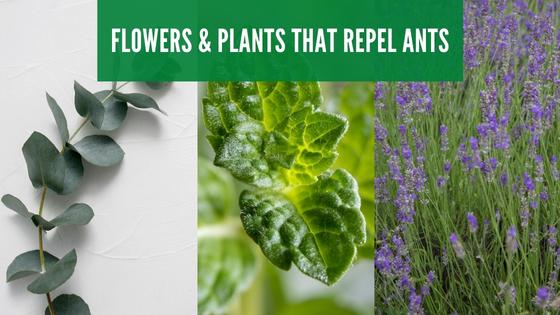
There are also certain types of flowers and plants that help repel ants. These include:
Eucalyptus
One study showed that cineole, a eucalyptus component, is effective at helping eliminate fire ants, so consider placing this in your bathroom, kitchen, or outdoor garden.
Peppermint
Peppermint oil is widely used to help repel ants and other insects, such as fleas and ticks. Consider buying a peppermint oil spray or planting peppermint in your garden to help repel ants.
Lavender
While Lavender smells beautiful, it also contains linalool, which in the study mentioned above was also found to help get rid of ants due to its strong odor and powerful properties.
These plants can be placed around the perimeter of your garden to help keep ants away. You can also make a homemade spray with water and essential oils from these plants to help repel ants! Spray this oil around your home, near cracks of windows, and near doorways to help repel ants.
How to Get Rid of Ants in Your Garden
If you already have ants in your garden, you can do a few things to get rid of them. First, try to find out where they are coming from and block their entry point. You can do this by filling any cracks or crevices with silicon caulk.
You can also use a variety of traps and baits to get rid of ants. Some popular baits include:
Sugar and Borax
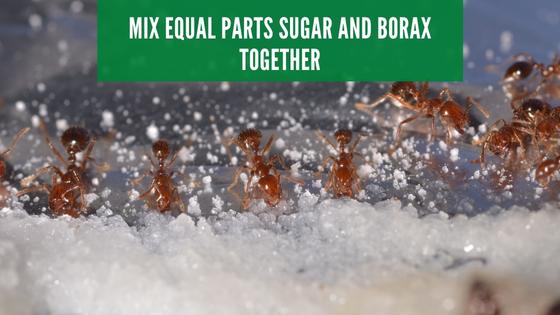
Mix equal parts sugar and borax together and place it on a small plate near where you’ve seen ants. The ants will be attracted to the sugar and take the borax back to their nest, killing them. This recipe also works with honey and borax.
Borax and Peanut Butter
Mix equal parts borax and peanut butter and place it on a small plate near where you’ve seen ants. The ants will be attracted to the peanut butter and take the borax back to their nest, killing them. This recipe is also effective for getting rid of cockroaches.
Ant Natural Predators
You can also use natural predators to get rid of ants. Some of the most common predators include:
Ladybugs
Ladybugs eat aphids, which are known to attract ants due to the honeydew they produce.
Green Lacewings
Green lacewings eat aphids, whiteflies, and other small insects, all known to be ants’ favorite.
Birds
Most birds, such as sparrows, hummingbirds, and crows, eat ants. Consider attracting birds to your garden and not shooing them away so they can naturally handle your ant problem for you.
Using Chemicals and Oils to Get Rid of Ants
Insecticidal Soap
Insecticidal soap is a safe and effective way to kill ants. You can make your own insecticidal soap or buy it at your local hardware store.
Neem Oil
Neem oil is a natural insecticide that is safe for humans and animals. It can kill ants, aphids, and other pests that might attract ants to your garden.
Citronella Oil
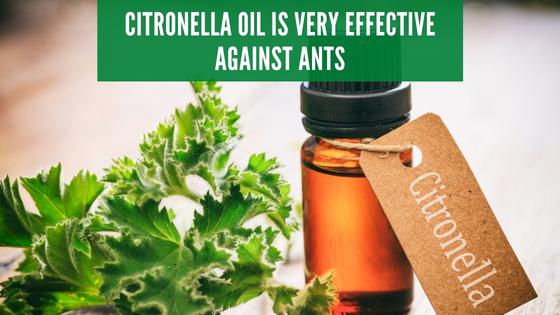
A Cornell University study found that citronella oil can kill up to 100% of an ant population in 24 hours in a lab setting.
Pyrethrin
Pyrethrin is a chemical that is commonly used to kill insects. It is safe for humans and animals when used as directed. Mix it with water and spray it on the ants.
How to Prevent Ants in Your Garden
The best way to prevent ants in your garden is to take steps to keep them out in the first place. You can do this by:
- Keeping your garden clean and free of debris.
- Removing any food sources that might attract ants.
- Regularly inspect your garden for ant nests.
- Using traps and baits to prevent ant colonies from getting bigger.
- Planting flowers and plants that help repel ants.
- Using natural predators to help control the population.
- Get in touch with a pest control professional for additional advice.

